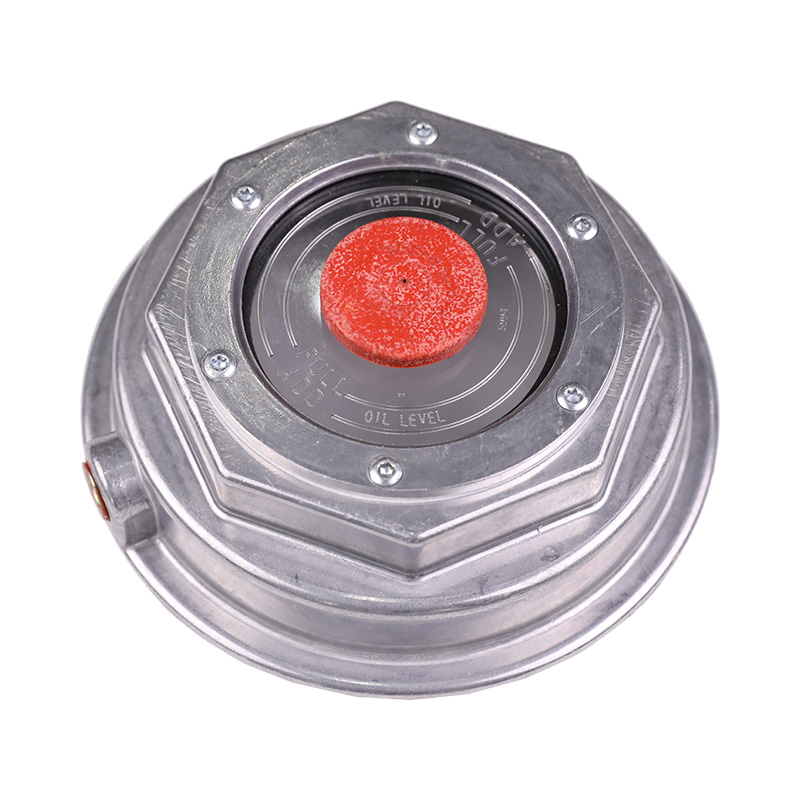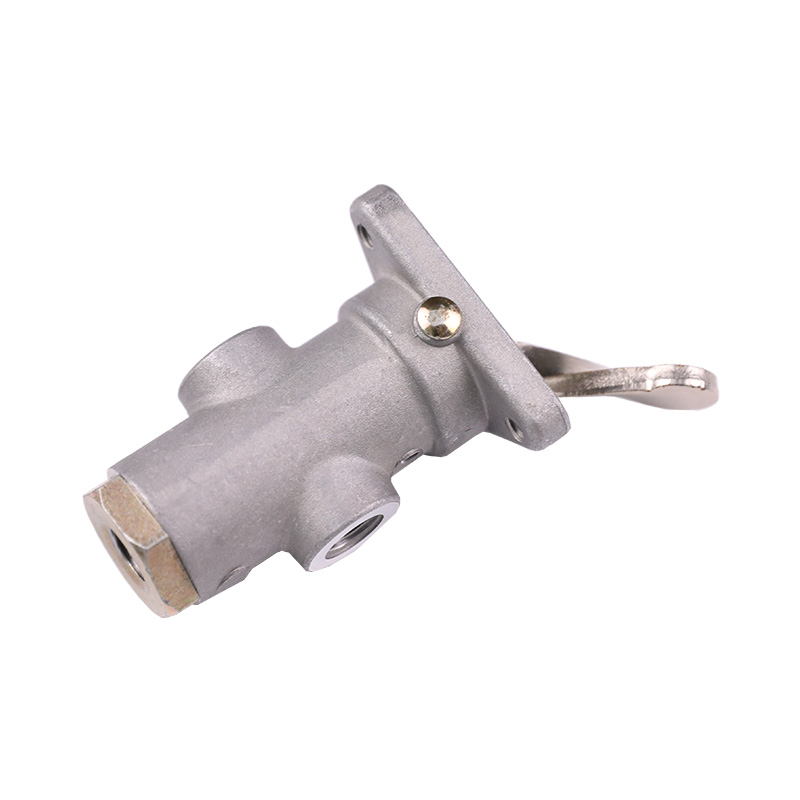When performing maintenance or repair work on truck transmission valves, operators must strictly follow a series of safety precautions to ensure safe and reliable operation and effective maintenance and repair work.
First of all, operators must wear appropriate personal protective equipment, such as helmets, goggles, gloves and protective clothing when performing maintenance or repair work. These protective equipment can effectively protect operators from potential workplace hazards such as oil pollution, chemical splashes or mechanical injuries. In addition, operators should also ensure that the work area is well ventilated to avoid inhaling harmful gases or vapors.
Before performing maintenance or repair work, operators should first disconnect the power supply and hydraulic system of the vehicle and wait for a period of time to ensure that the pressure in the hydraulic system is completely released. This can effectively avoid accidental injuries caused by hydraulic oil splashing or sudden pressure release of the system during operation. At the same time, operators should also strictly follow the maintenance manual or operating guide provided by the vehicle manufacturer and operate according to the process.
When using truck transmission valves, operators must comply with relevant safety operating procedures and standards. For example, when replacing or repairing transmission valves, professional tools and equipment should be used and the operating procedures should be strictly followed to avoid accidents caused by negligence or improper operation. In addition, operators should also receive relevant training and skills improvement regularly to improve work efficiency and safety.
When maintaining or repairing truck transmission valves, operators should pay attention to the handling and storage of hydraulic oil. Hydraulic oil is a vital lubricating medium in the transmission system, but it is also a toxic and harmful chemical. Therefore, when replacing or handling hydraulic oil, operators should take appropriate measures to protect their health, such as wearing gloves, avoiding direct contact with the skin, and avoiding inhalation of oil mist. Operators must strictly abide by these safety matters during maintenance or repair to ensure safe and reliable operation.






